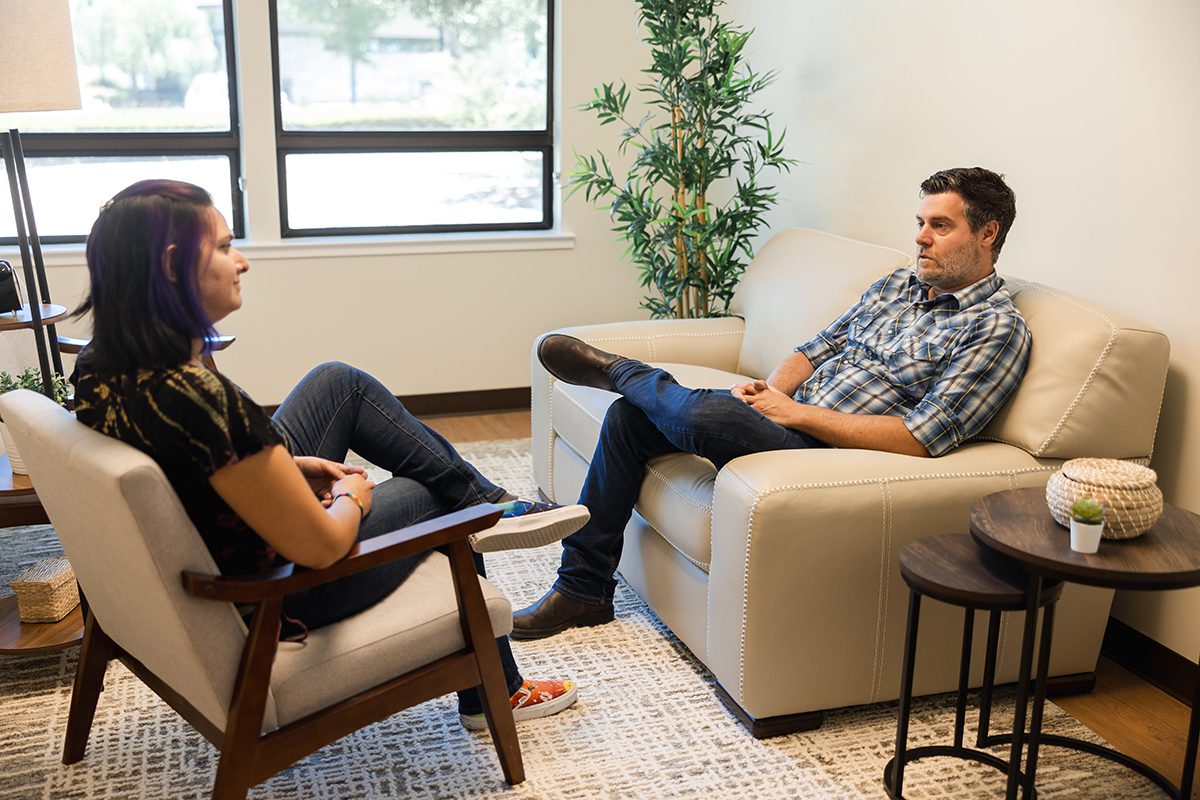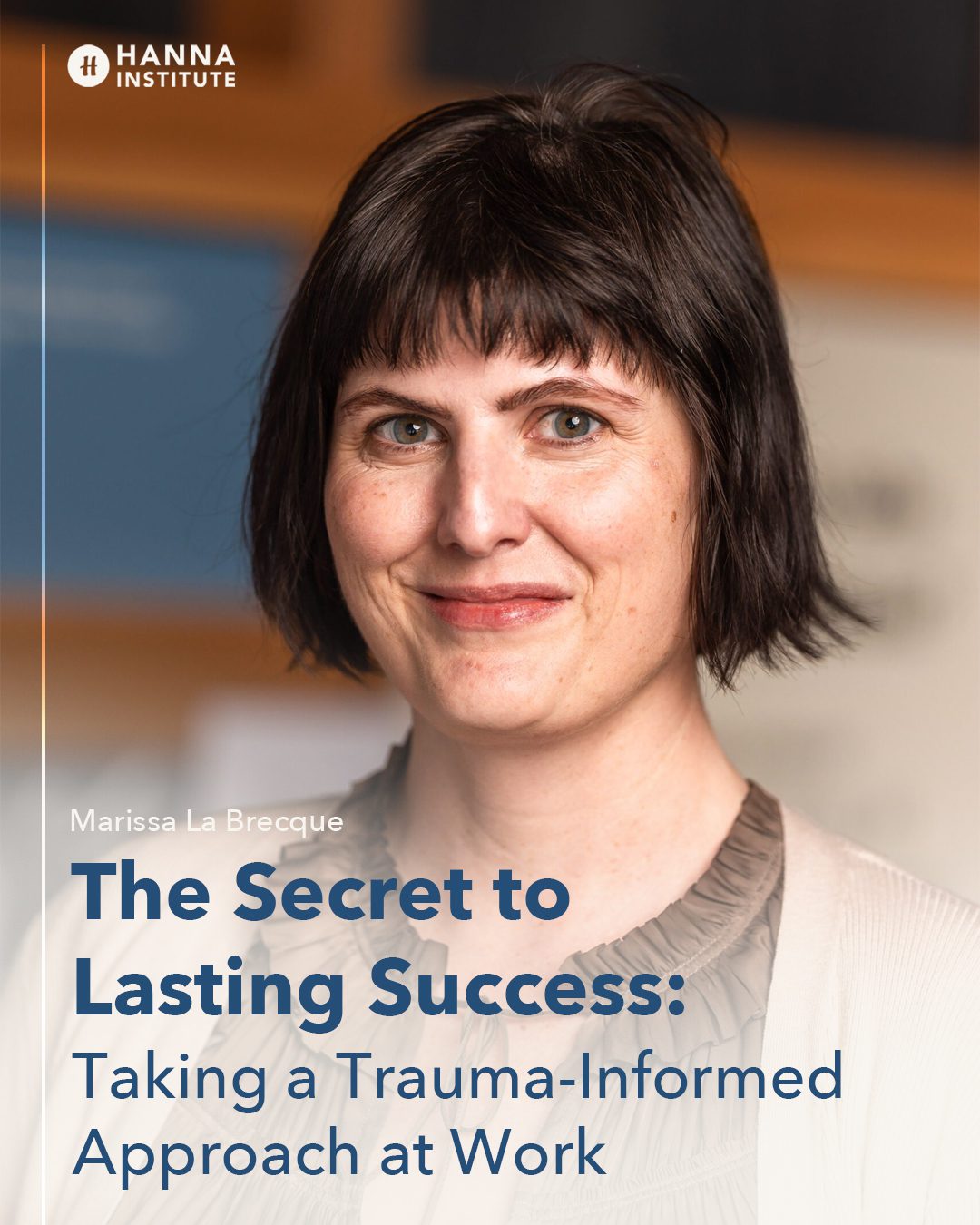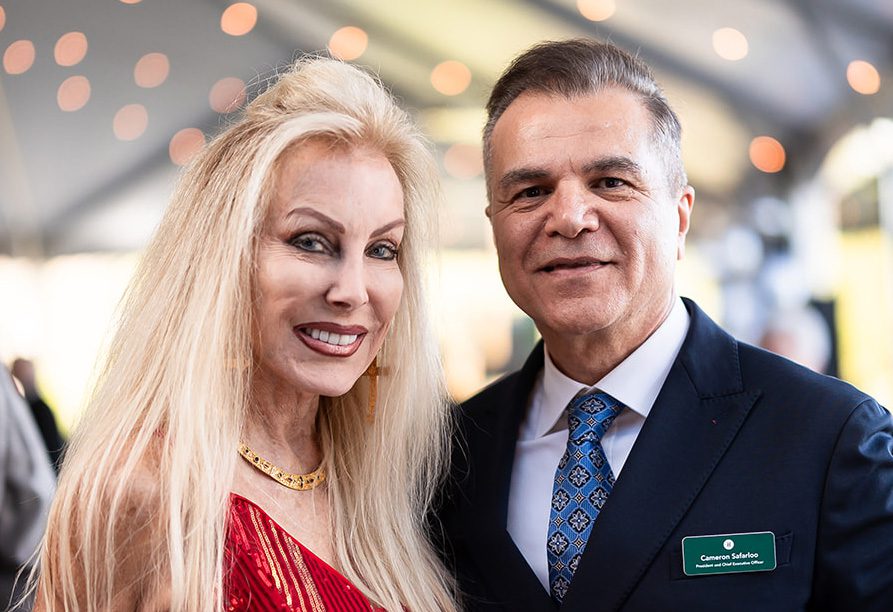What can we all do as a society to transform norms, attitudes, or general beliefs regarding what masculinity should or shouldn’t be?
From a young age, men are taught they must be strong. Boys are raised within rigid gender role frameworks. Social constructs define norms and expectations around traits, behaviors, and characteristics. These societal norms, alongside biology, shape who we are by influencing our choices and behaviors to fit in.
Mental well-being is still often linked to self-control and willpower. Many believe that if people tried harder, they wouldn’t suffer from depression or anxiety. Such statements wouldn’t be made about a broken leg or diabetes; no one would be told to “walk it off.” Boys are encouraged, rewarded, and pressured to follow specific ideas of manhood, focusing on independence and strength and avoiding traits perceived as feminine, like vulnerability or affection.
Certain behaviors are allowed and even normalized, such as displaying anger, using violence, sexual promiscuity, or heavy drinking. Peer pressure leads many men to drink for fun or male bonding. This glamorization of drinking explains why many men turn to substances to regulate emotions, leading to long-term maladaptive coping skills.
In the Western world, men are four times more likely to die by suicide than women, more likely to use illicit drugs, and face alcohol-related hospitalizations and deaths. Men are also more likely to die from overdose and become binge drinkers. Despite these statistics, men are less likely to seek help, preferring to appear strong and handle problems independently. They often minimize their issues or addiction patterns, seeing vulnerability as a weakness.
It is crucial to normalize discussions about mental health and substance use disorders while providing education and creating safe, welcoming environments. We must deconstruct harmful social norms and build functional coping skills to deal with negative emotions like sadness, grief, or loss; understanding these experiences is universal.
As a society, we need to transform attitudes and beliefs about masculinity. True strength lies in showing vulnerability and courage. Together, we can redefine masculinity and promote healthier ways for men to manage their emotions.
A trauma-informed care approach that includes cross-cultural and gender awareness is fundamental to breaking stereotypes—fundamental to help men, or anyone, speak up about their inner experiences and build connection, support, and functional coping skills to deal with negative feelings like sadness, grief, or loss.
Finding help is the biggest, most important step. The Community Mental Health Hub at Hanna offers a range of services to help individuals and families address and recover from trauma, build resiliency, and find hope for the future. If you are interested in seeking services at the Hub, please call our intake coordinator at (707) 933-4482.



